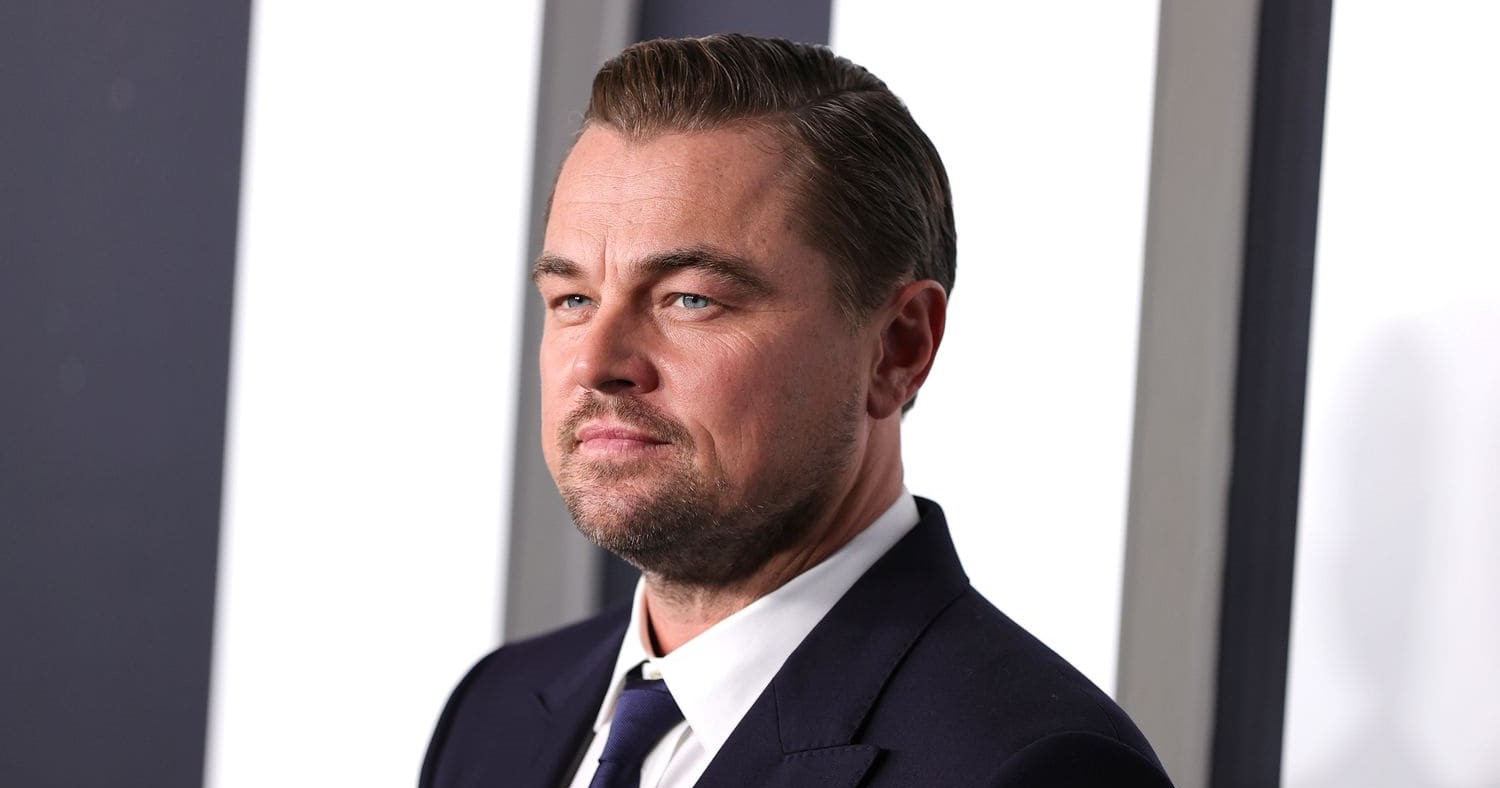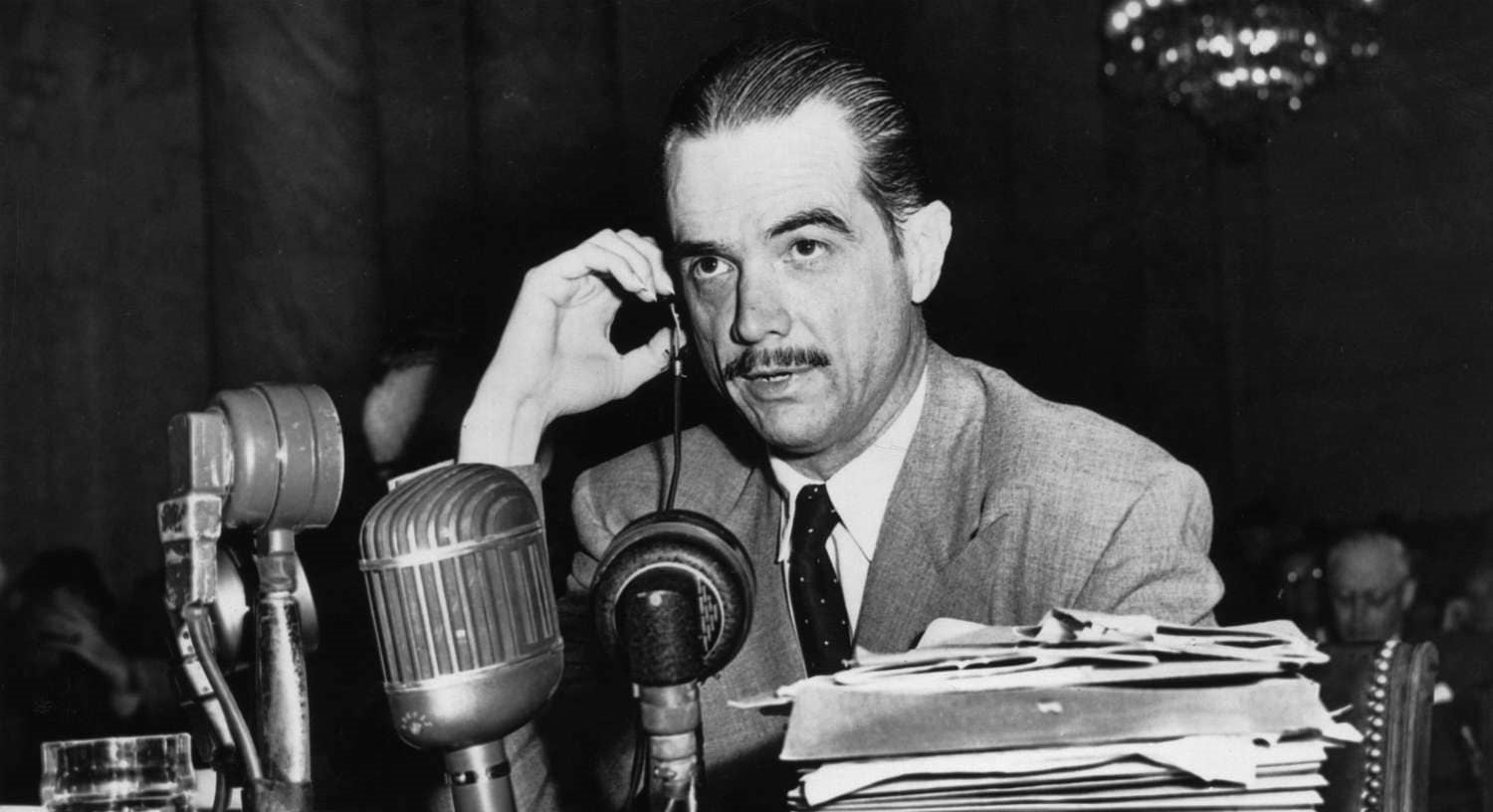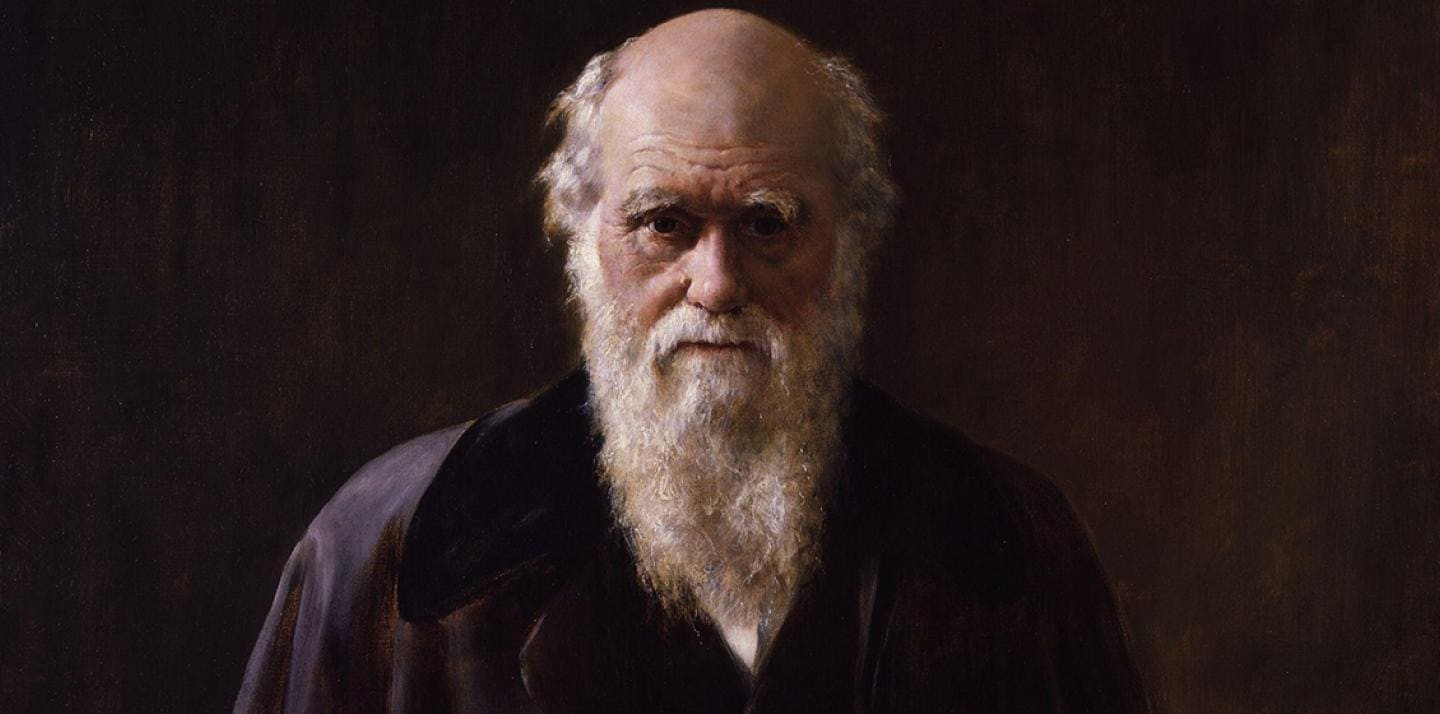Famous People with OCD :
Navigating Success Amidst Challenges
Obsessive-Compulsive Disorder (OCD) is a mental health condition that affects millions of individuals worldwide, regardless of their background, status, or profession. While it's a condition that can bring about significant challenges, it's important to remember that it doesn't discriminate, even when it comes to famous people with OCD.

1. Leonardo DiCaprio:
The Artistic Perfectionist The renowned actor, Leonardo DiCaprio, known for his exceptional talent and dedication to his craft, has openly discussed his struggle with OCD. Behind the glamour of the red carpet, DiCaprio has faced the famous people with OCD challenge of dealing with intrusive thoughts and compulsions, often striving for perfection in his work.
2. Megan Fox:
Even the dazzling world of Hollywood couldn't shield Megan Fox from the clutches of OCD. Fox has candidly spoken about her experiences, shedding light on the fact that even the most beautiful and successful individuals are not immune to mental health struggles. She acknowledged that her OCD has played a role in shaping her as one of the famous people with OCD.
3. Howard Hughes:
From Eccentricity to Obsession Howard Hughes, the American business magnate, investor, and aviator, is a prime example of how OCD can manifest in different ways. His eccentric behaviors, including his obsession with cleanliness and repeated rituals, are well-documented. Hughes' life story serves as a reminder that even the most brilliant minds can be among the famous people with OCD.

4. Emily Dickinson:
Creating Beauty Amidst Turmoil The acclaimed poet Emily Dickinson, known for her profound and thought-provoking verses, also struggled with OCD. While she lived in relative seclusion, her works have left an indelible mark on literature. Her creative process was marked by her intense need for precision and order, characteristics shared by many of the famous people with OCD.
5. David Beckham:
Perseverance Beyond the Pitch Beyond his accomplishments on the soccer field, David Beckham's life as one of the famous people with OCD is a testament to the power of determination. His admission of OCD struggles and rituals emphasizes that success does not equate to immunity from personal battles, breaking down stereotypes surrounding mental health.
6. Cameron Diaz:
Unveiling Vulnerabilities The charismatic Cameron Diaz has not shied away from discussing her journey with OCD. As one of the famous people with OCD, she has used her platform to raise awareness about mental health challenges. Her openness encourages conversations that dismantle the stigma and remind us that even seemingly perfect lives can harbor unseen struggles.
7. Charles Darwin:
Exploring the Mind's Complexity The father of the theory of evolution, Charles Darwin, also grappled with OCD-like symptoms. While the term "OCD" was not in use during his time, his documented behaviors, such as his rituals and intense focus on certain topics, align with the experiences of the famous people with OCD of today.

8. Howie Mandel:
Contamination OCD The renowned comedian, actor, and television host, Howie Mandel qualifies as one of the famous people with OCD (Obsessive-Compulsive Disorder). Despite his charming and extroverted on-screen persona, Mandel has been open about his ongoing battle with OCD throughout his career. He has spoken candidly about his compulsive behaviors, which include an aversion to shaking hands with others due to a fear of germs. This aspect of his condition has made him a strong advocate for mental health awareness, challenging misconceptions about OCD, and encouraging empathy for those facing similar challenges. Howie Mandel's openness about his own struggles serves as a source of inspiration and support for many individuals dealing with OCD, highlighting that even in the world of entertainment, successful individuals can confront and manage mental health conditions.
In conclusion, the stories of these famous people with OCD remind us that mental health challenges can affect anyone, regardless of their status, accomplishments, or talents. Their openness about their struggles not only humanizes their personas but also serves as a beacon of hope for those facing similar battles. By sharing their experiences, they contribute to reducing the stigma surrounding mental health and encourage others to seek help and support.